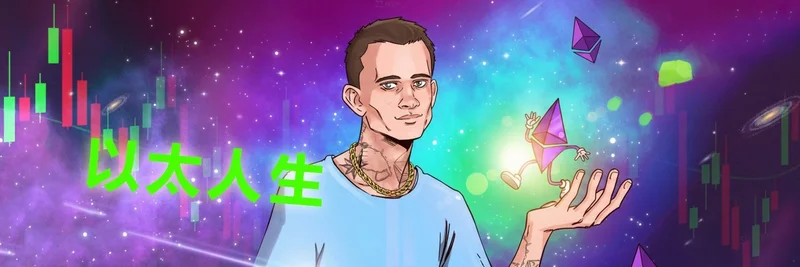In the fast-paced world of Solana's meme token scene, where hype can make or break a project overnight, a recent thread on X (formerly Twitter) has sparked heated discussions about $JUP, the native token of Jupiter Exchange. Posted by @barrett_io, a key figure in the crypto space associated with Ranger Finance, the thread pushes back against critics claiming $JUP lacks real utility. Let's break it down and see why this matters for anyone diving into Solana's vibrant meme ecosystem.
Jupiter Exchange is one of Solana's top decentralized exchange (DEX) aggregators, essentially a smart tool that finds the best swap rates across multiple platforms for users trading tokens—including all those wild meme coins popping up daily. The token $JUP powers governance and other features within this ecosystem. But lately, there's been a wave of negativity, with folks saying it doesn't offer enough revenue sharing, governance perks, or ownership benefits.
@barrett_io fires back by highlighting Jupiter's aggressive buyback program. Buybacks, for the uninitiated, are when a project uses its funds to purchase its own tokens from the market, often burning them to reduce supply and potentially drive up value for holders. According to the thread, Jupiter spends over $100 million annually on these buybacks—more than any other Solana project. That's a massive commitment, especially when compared to other tokens that rake in fees but have sky-high market caps without similar value-return mechanisms.
The thread calls out the irony: "yall are sending tokens with no rev, governance, or ownership. they are doing more in buybacks than other project earn in fees with disproportional high mcaps lmao wtf you idiots yappin about." In plain English, it's pointing out how some hyped-up projects (including memes) promise the moon but deliver little, while Jupiter is quietly putting serious money back into its community.
Replies in the thread add more flavor. One user notes that Pump.fun, a popular Solana meme launchpad, has done even more—$130 million in 90 days—prompting @barrett_io to concede but maintain the overall point. Another suggests Jupiter should curb inflation from events like "Jupuary" (a monthly airdrop campaign) and other incentives to make buybacks more effective. Inflation here means increasing the token supply, which can dilute value if not balanced properly.
Even Jupiter's own team member, @kashdhanda, chimes in with a simple "real," showing internal acknowledgment. Other comments touch on dilution concerns from ongoing emissions and compare it to emerging competitors like MagicSwapPro, which boasts faster speeds and lower fees.
For meme token enthusiasts on Solana, this debate is crucial. Meme coins thrive on community sentiment and liquidity, often relying on platforms like Jupiter for trades. Strong buybacks signal a project's long-term health, potentially stabilizing the ecosystem where memes can flourish without constant rug-pull fears. It also highlights tokenomics—the economic design of a token—as a key factor. Projects with solid buyback strategies might inspire meme creators to adopt similar models, blending fun with fundamentals.
If you're building or trading memes on Solana, keep an eye on Jupiter's moves. Their buybacks could indirectly boost liquidity for your favorite cat or dog-themed tokens by strengthening the underlying infrastructure. Check out the full thread here for the raw takes, and remember: in crypto, utility isn't always flashy, but it sure can pay off.
As always, do your own research—crypto markets are volatile, and what's hot today might evolve tomorrow. Stay tuned to Meme Insider for more insights on how DeFi giants like Jupiter intersect with the meme world.




